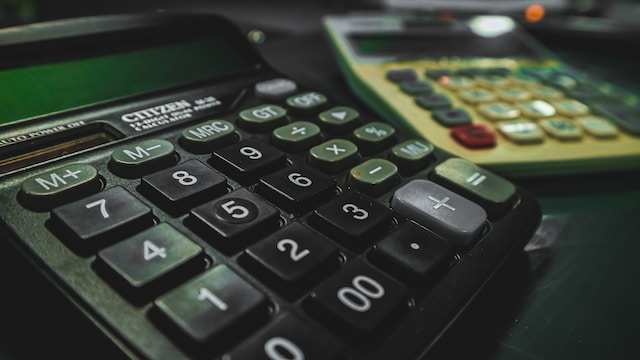Having to prepare and submit tax returns can be a time-consuming and taxing process. Complicating factors in a tax return include having various income streams, multiple residences, dependents, etc. Getting ready months in advance is the greatest approach to handling stress. It’s best to keep track of your tax information throughout the year in a proactive manner by managing it as it comes up rather than waiting until the last minute to start thinking about it (which is what most people do).
Filing and Preparing Tax Returns
Having an orderly method for preserving records might ease the burden of preparing your tax returns. To do this, you can make a system whereby similar products are stored in their own individual folders. Payments and receipts should be kept in two separate files, each arranged by date and category.
You should also keep a file of your previous tax returns in the event that you need to review them in order to find solutions to problems that may arise with your tax return for the current year. If you have your records organized, filing your taxes will be a breeze, and you won’t have to waste time looking for missing receipts or other papers. If you maintain your records organized, filing your taxes will be an easy task.
Keep in mind what kinds of records are legally required to be kept when you set up your record-keeping system. Keeping records attesting to your income and expenditures is crucial, as these factors are used to compute your taxable income and allowable deductions.
Claimed Income
For the purpose of providing evidence in support of your claimed income from assets such as stocks, bonds, or mutual funds, your basis for income and your decision on whether or not to consider a gain or loss are both required pieces of evidence. It is important to keep records of the purchase price, as well as any fees that were paid, dividends that were received, stock splits, and the final selling price of the investment in question.
Tax Deductible
It is possible that in order to demonstrate that your expenses are tax deductible, you will need to provide documentation in the form of credit card statements, canceled checks, and other receipts, invoices, sales slips, or any other document that contains a description of your transaction. Some examples of deductible expenses are alimony payments, charitable contributions, costs associated with childcare, interest on a mortgage, and property taxes. Withholding costs that are eligible for consideration as legal deductions include, but are not limited to, taxes withheld at the source, union dues, and medical insurance premiums.
In a Nutshell
You are required to keep your tax records for at least three years after you have prepared and filed your tax return in order to be in compliance with the law. On the other hand, it is strongly suggested that you store these documents safely for an indeterminate period of time in the event that you need to make reference to them at a later time.



